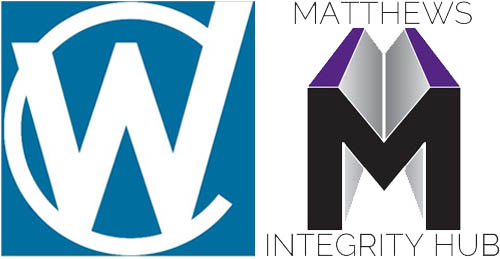API 510/570 EXAM QUESTION QUIZ
HERE’S THE ANSWERS
Q1. RBI ASSESSMENT
RBI assessment can be used for both vessels and pipework to help decide inspection frequency. It should be carried out in accordance with?
a) The written scheme of examination
b) API RP 579
c) API RP 580
d)The inspection plan approved by the API inspector
Answer c. This is a quote from API 570 and 510.API RP 580 governs all RBI analysis. It is supported by API 581 ‘Base Resource Document’ but this is not part of the API 510/570 exam scopes
Q2. Use of API inspection codes
In US jurisdictions inspection codes are intended for use by organizations that have:
a) Their own technically qualified API piping or vessel inspectors.
b) Their own technically qualified design engineers
c) Their own inspection organization
d) None of the above, it is sufficient to have access to the above people
Ans d. This is a general API ‘intent’ requirement and can be found quoted in section 1 of both API 510 and 570
Q3. Pressure testing of stainless steel components
300 series stainless steel pipework should not be pressure-tested with:
a) Polythionic water
b) Potable water treated with chlorine or ozone
c) Air or Nitrogen
d) Steam condensate
Answer a. This is trickily-worded typical API exam question. Note the US definition that potable water is ‘good’ as ≤250 ppm Cl sanitized with chlorine or ozone. Steam condensate is also very pure and there is no reason why air or inert N2 gas cannot be used for (pneumatic) tests as long as safety considerations are met. Polythionic acid is a strong corrosive agent however and would cause SCC in stainless steel, making it totally unsuitable for pressure-testing 300 series stainless steel items. You can read about Polythionic acid corrosion in API RP 571.
Q4. Owner/user inspection organizations
According to the API inspection code philosophy, who is ultimately responsible for the control of all inspection activities?
a) The API-certificated inspector
b) A qualified professional engineer (PE)
c) The plant ‘Competent Person
d) The plant owner/user
Ans d. This is a common requirement set out in the ‘intent’ section of API codes. It also fits the practice in most other parts of the world outside the USA. Note that the term ‘Competent Person’ (option c) has no meaning in API codes…it is UK term with meaning under the PSSR Regulations.
Q5. Fatigue cracking:
Fatigue cracking is caused by stresses:
a) Above the yield strength
b) Below the yield strength
c) Initiated by vibration only
d) Dependant on time, temperature and stress acting together
Answer b. True description from API 574, RP571 and other sources; the other options are technically incorrect. Stresses do not have to exceed yield to cause fatigue. Time, temperature and stress acting together is a definition of creep, not fatigue. Fatigue is not only initiated by mechanical (vibration) stresses; cyclic thermal stresses are also a cause.
Click here for MATTHEWS MASTERCLASS Integrity Quiz






